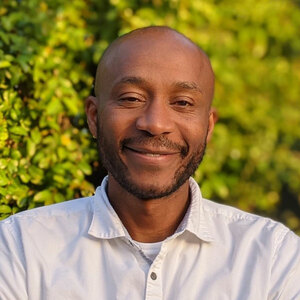As one who is kind of obsessed with questions of method in theology, I found some summary comments by T. F. Torrance on the relation of history and tradition to theological formulation helpful. He writes:
No scientist ever begins his work de novo; while he works with the methodological questioning of what he has already known he builds on knowledge already achieved and engages in a movement of advance. But it is one of the worst characteristics of theological study, whether in biblical interpretation or in dogmatic formulation, that every scholar nowadays thinks he must start all over again, and too many give the impression that no one ever understood this or that until they came along.
Theological understanding “begins” in the middle, so to speak—after two thousand years of Christian reflection, and before the revealing light of the eschaton. Although Torrance is addressing theologians who are too easily enamored by the “new” as well as those suspicious of past theological formulations, he raises the issue (at least for me) of so-called starting points in theology. Do we begin with the Bible and work our way up if we want to arrive at fresh and unbiased articulations of Christian doctrine? Is theology at its best when it skips St. Augustine to get to St. Paul? His answer is an unequivocal “no.” He reiterates:
True thinking takes place within a frame of continuous historical development in which progress in understanding is being made. . . . No constructive thinking that is worth while can be undertaken that sets at nought the intellectual labours of the centuries that are enshrined in tradition, or be undertaken on the arrogant assumption that everything must be thought through de novo as if nothing true had already been done or said. He who undertakes that kind of work will inevitably be determined unconsciously by the assumptions of popular piety which have already been built into his mind.
Torrance answers a question I’ve often asked about modern theology: “Why are theologians today so concerned about what Origen or Calvin or Barth have to say? What about what the Scriptures have to say?” He argues that in science or any other realm of knowledge where real progress is made, one always builds on what came before. It seems to me that he’s saying more than just checking our independent work against that of a past writer. He appears to suggest that we begin where others have left off, rather than from scratch. Ignoring this basic principle amounts to arrogance and blindness (in his view) or, at the very least, a lack of wisdom.
[Quotations taken from T. F. Torrance, Theology in Reconstruction (Eerdmans, 1975), 23-24]
 Biola University
Biola University



